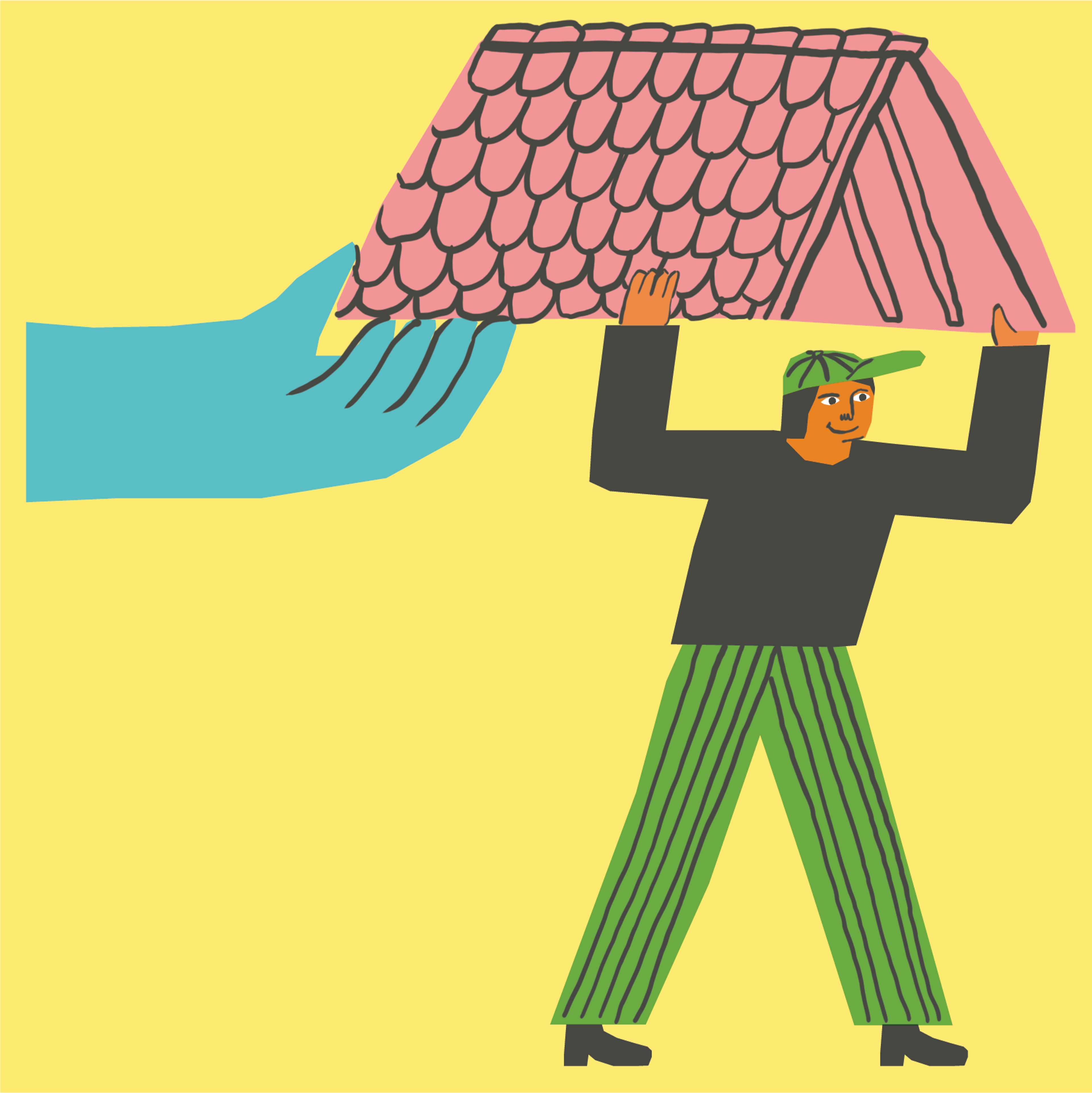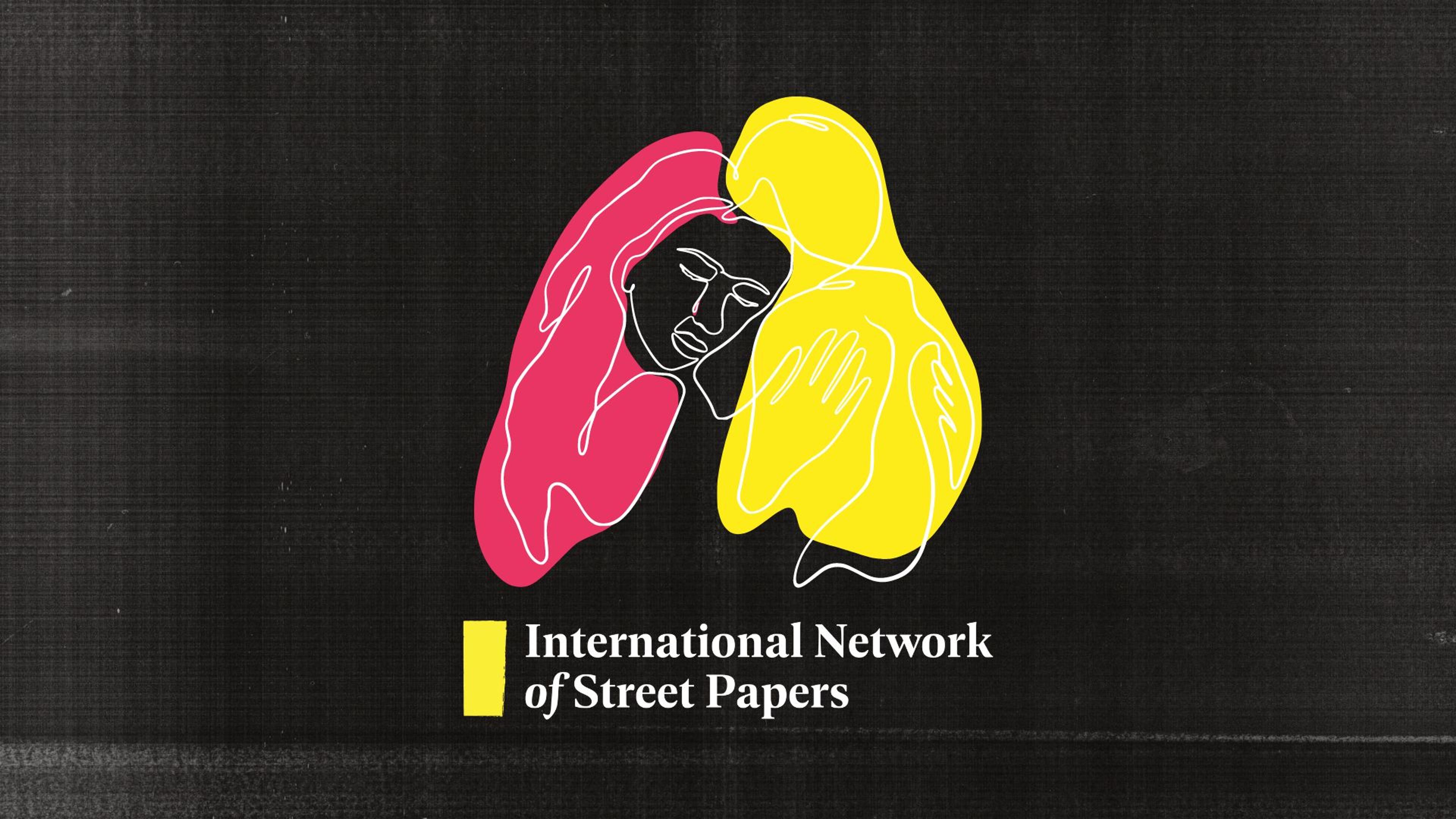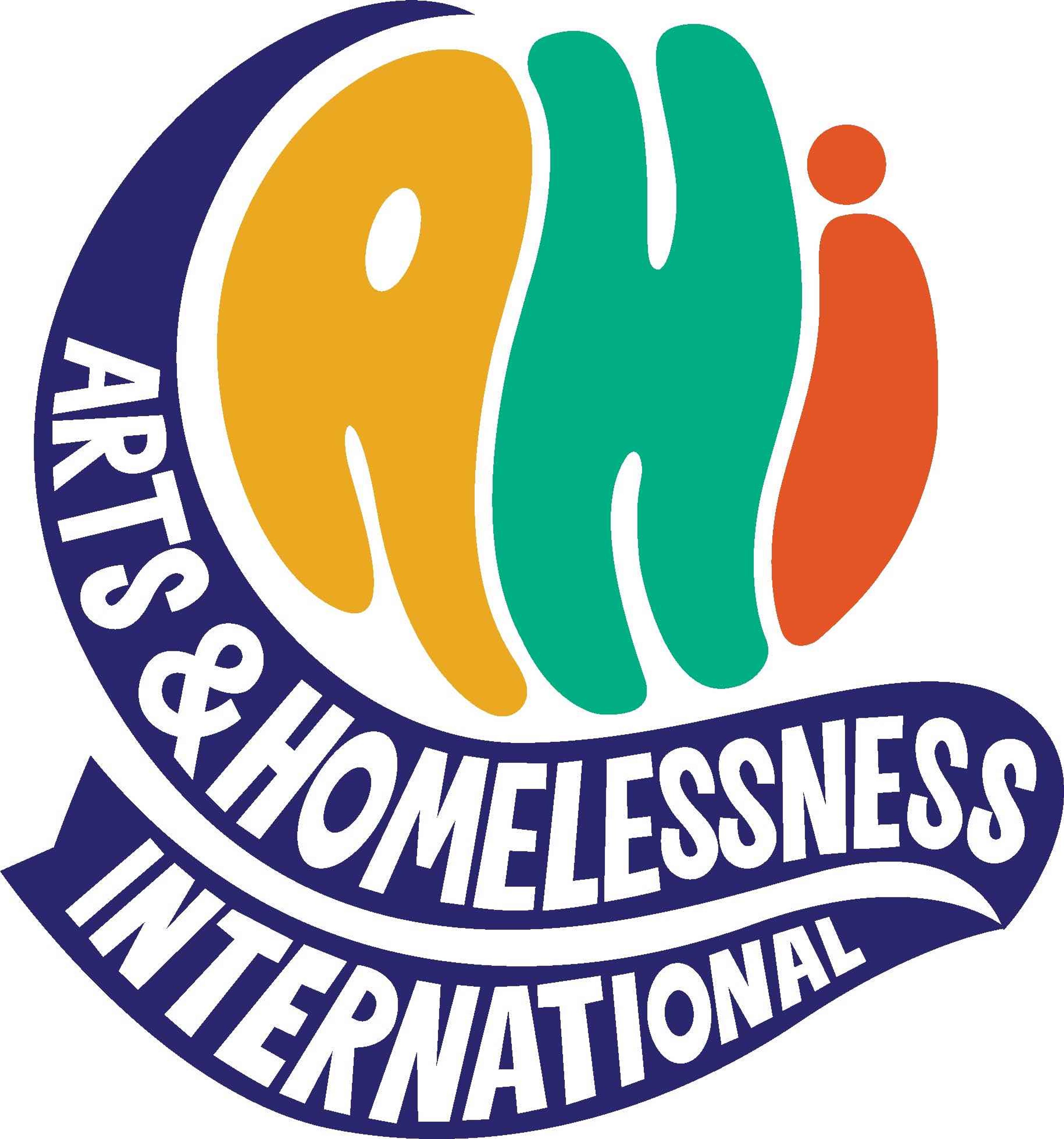A good life for all: Accessing welfare with an LGBTQ+ identity
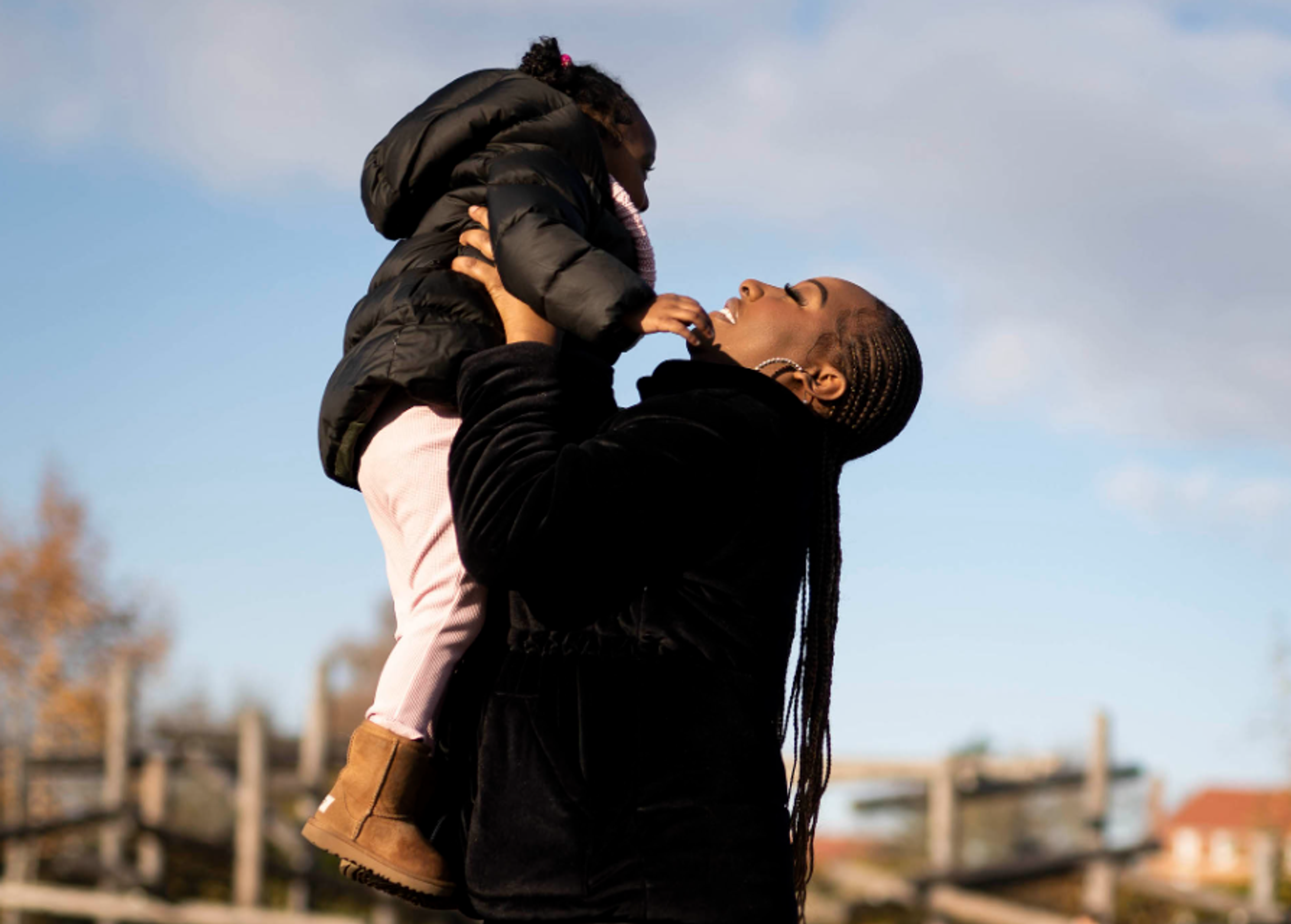
Aaron Chown/PA Wire/Centre for Homelessness Impact
By Niamh Brook, INSP Intern
- News
An ongoing study conducted by the Poverty Alliance, Scotland's anti-poverty network, and researchers at the University of Stirling has been collecting the experiences of LGBT+ people who have been accessing welfare services in the UK. This is their story.
Anybody who has kept an eye on the news will know that 2024 is seen as ‘election year,’ with over 40 elections happening worldwide, and a strong rise of sentiment against the LGBTQ+ community.
An ongoing study conducted by the Poverty Alliance, Scotland's anti-poverty network, and researchers at the University of Stirling has been collecting the experiences of LGBTQ+ people who have been accessing welfare services in the UK. A timely report to coincide with Pride month, which is happening in both the UK and USA over June, July and August.
The study has found that gay and bisexual men are more likely to claim work-related benefits, and LGBTQ+ women are more likely to claim child related benefits than their heterosexual counterparts. Older members of the community are also significantly more likely to claim age-related benefits as well.
Research also from the Albert Kennedy Trust , a UK charity that focuses on safe housing for LGBTQ+ young people shows that 24% of homeless young people in the UK are LGBTQ+, and struggle to access safe and affordable housing.
77% of that group believe that coming out to their parents was the main reason why, as it left them feeling unsafe, unsupported and trapped while they were still living at home.
The majority of housed LGBTQ+ people in the UK live in rented accommodation, in urban centres and deprived neighbourhoods. More than a quarter of participants in the study have also experienced severe material deprivation.
However, members of the LGBTQ+ community often struggle to access those welfare services.
Why?
The study found that participants reported very little explicit experiences of homo/bi/transphobia. The real challenge came from actually ‘coming out’ to their providers.
Many participants expressed that, with the rise of anti-LGBTQ+ rhetoric across the globe, and changes to trans healthcare laws here in the UK, many LGBTQ+ people felt that they couldn’t come out to providers at all. They didn’t feel safe. In certain religious or ethnic communities, some participants were scared to come out in case people in their community heard about it.
A number of participants accessing job seeking agencies felt that they were being recommended roles that they didn’t feel safe having, including a gay man signposted to a position working in a garage and a trans person recommended to apply for a job in a bar.
“A person I had to deal with at the Job Centre made some quite unpleasant comments about my sexual identity during the time that we were working together ostensibly, so that is something that I really remember being quite upset about,” said 32-year-old Bellamy.
And, when identity shapes experience, it is so important that providers are aware of LGBTQ+ experiences, to give them the help they need. Indeed, Stonewall Housing reports that 97% of people who have accessed their services have confirmed that it is important to them that their caseworker truly understands what being LGBTQ+ is really like.
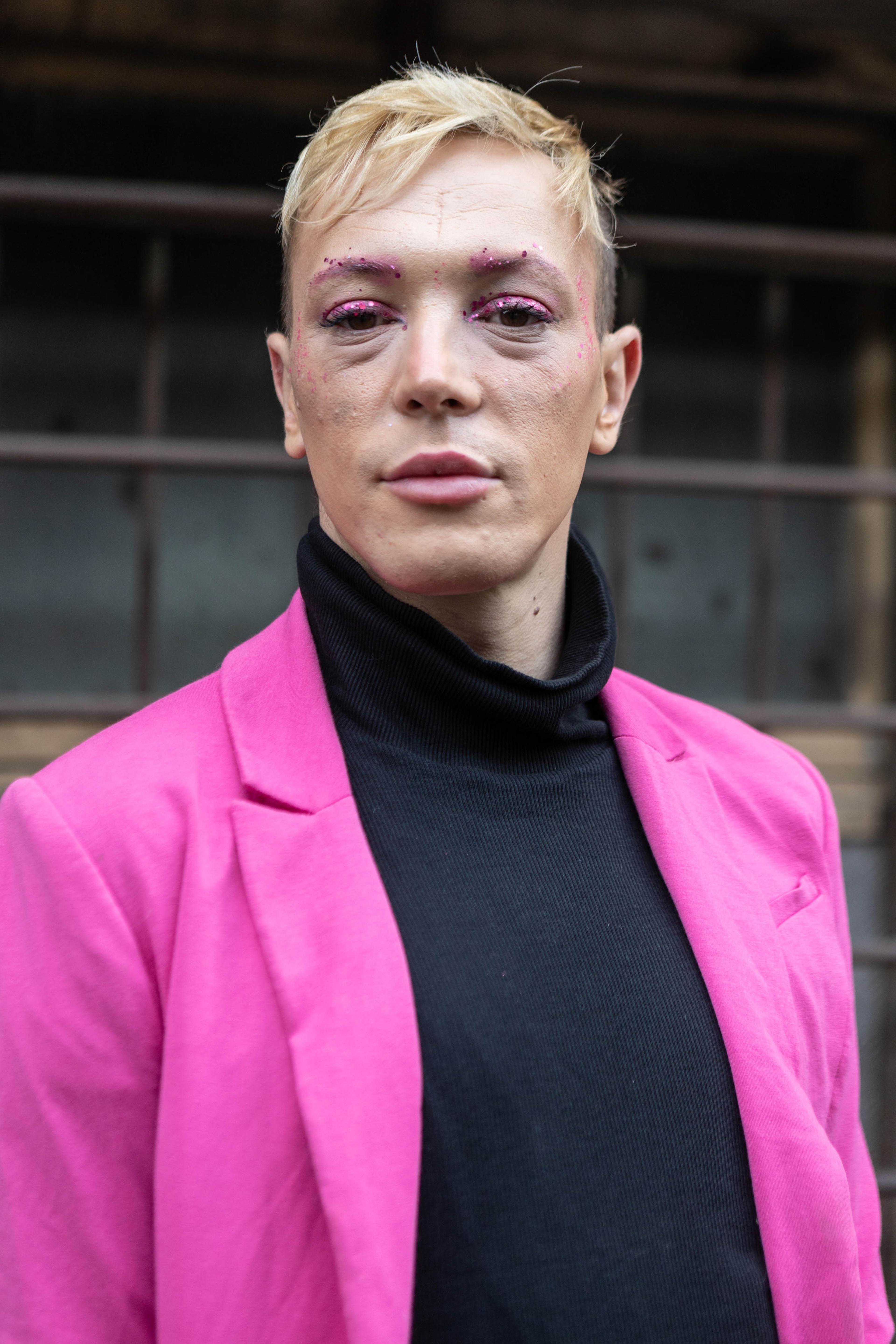
Jeff Hubbard/PA Wire/ Centre for Homelessness Impact
One participant described having “like a legal self and a me self. Like it’s all under my deadname, so it sort of feels like a separate official version, and then the gay, the trans me that spends the money, but we don’t get it.”
The Poverty Alliance study also reports that accessing welfare services came with a lot of additional strain. LGBTQ+ parents reported having to prove their identity to claim benefits for their children.
One participant, 35-year-old Star, described their experience as a non-binary person as feeling “like we’ve sort of legitimised ourselves in the eyes of the state because we’re married and we’ve got kids, so I think we sort of make sense to the system.”
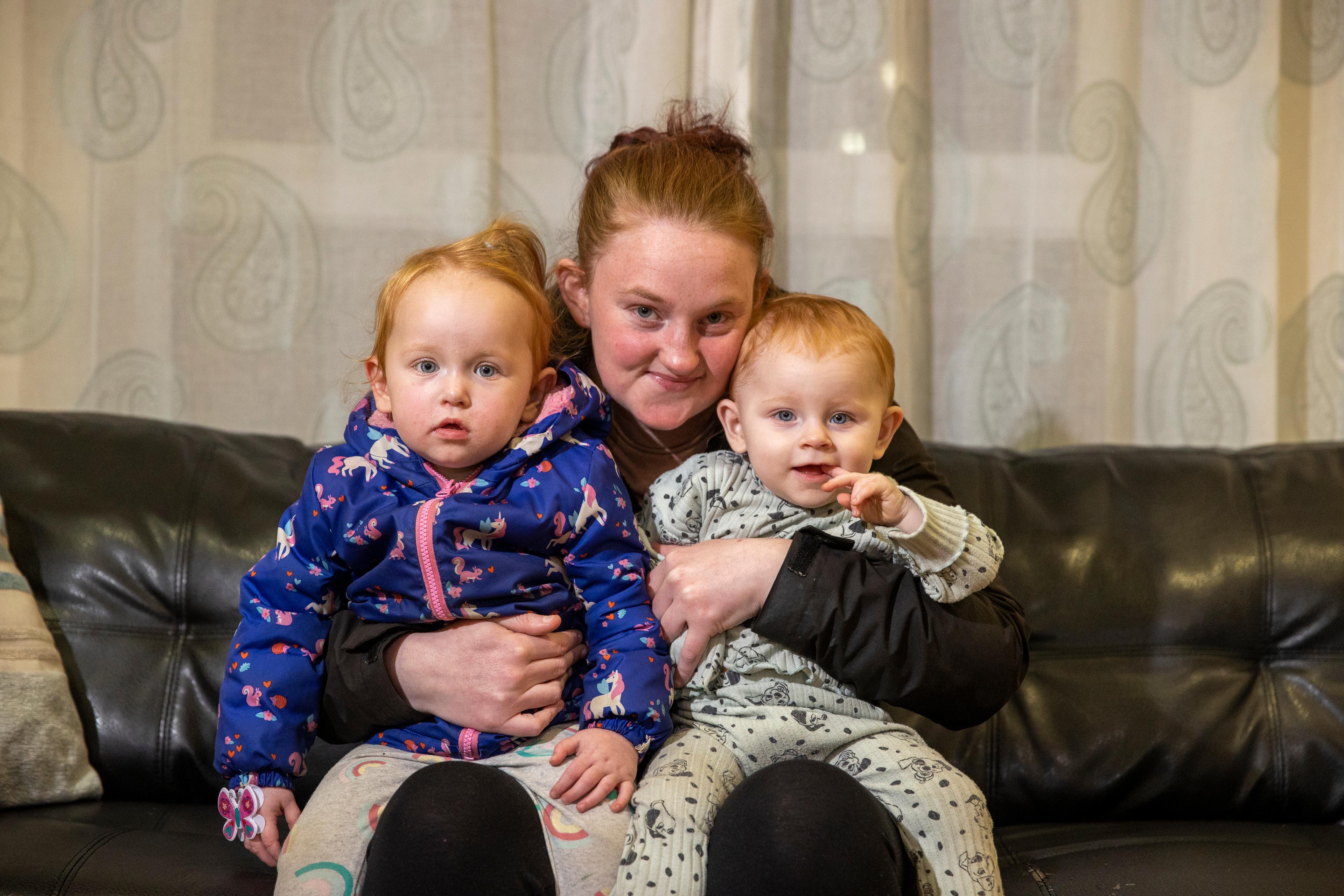
Centre for Homelessness Impact / Liam McBurney/PA
Trans participants talked about having to ‘prove’ their gender, and being asked invasive questions. Disabled LGBTQ+ participants faced extra strain during the means testing that the benefits services require.
Those involved in the study reported increased anxiety, depression and feelings of isolation. Especially since a limited income means dating and making friends on the UK’s primarily commercial LGBTQ+ scene, consisting mostly of bars and nightclubs, is incredibly difficult. That same discomfort can often also lead to increased spending on affirming products, such as makeup, clothes and chest binders (a garment worn to give the appearance of a flatter chest), and social events in an attempt to feel comfortable.
This struggle to find an accepting space is felt beyond the UK, too. Stephen Scott, a longtime vendor of Megaphone, a street paper based in Vancouver, reflects on this with sadness. ‘From 1990 to 2000, there were many places to have fun, dance and meet people. The cost is now three times what it was in the 1990’s.’
However, as Pride month has drawn to a close, he confirms what it means to him. ‘Pride is a reminder of both the hardships that the 2SLGBTQIA+* community has persevered through, and the happiness that it has enjoyed.’
‘I am proud of our resilience, and certain that we can face whatever comes next together.’
It is incredibly important that service providers and other organisations are able to support the LGBTQ+ community properly, and this only comes with understanding their experiences. For example, Stonewall Housing also runs Houseproud - a scheme for social housing providers to sign up to, where they commit to offering support to LGBTQ+ residents. Stonewall Housing offers training to facilitate this as well. The AKT foundation even runs social meet-ups, to help LGBTQ+ young people find a sense of community.’
The University of Stirling has also published ‘Your tenants are gay, get over it!’ as a guide for social housing providers to facilitate minority groups.
We can all do more. And we can start now.
